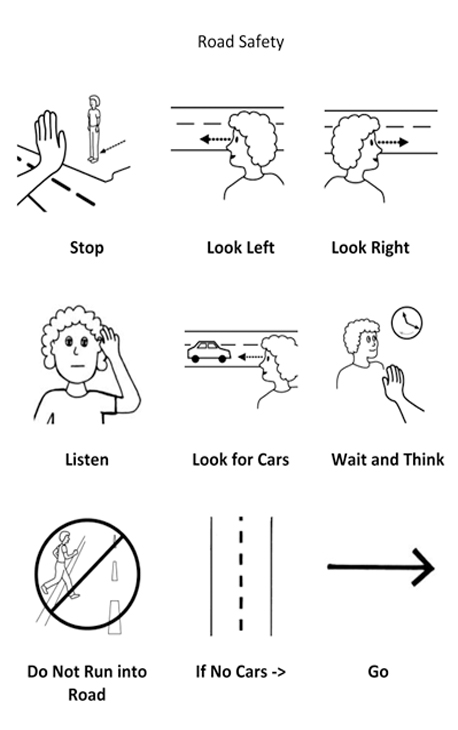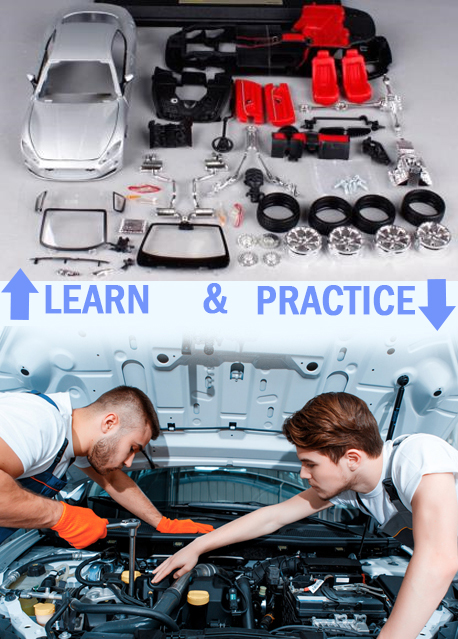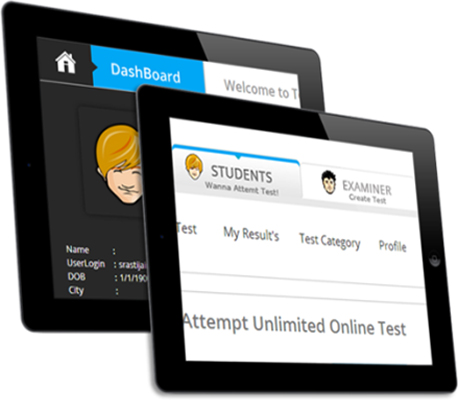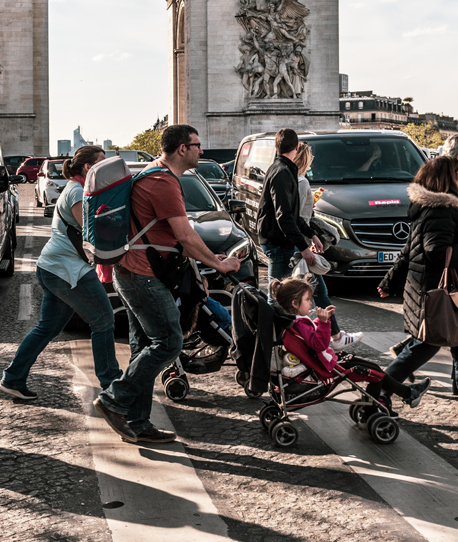Educational Content
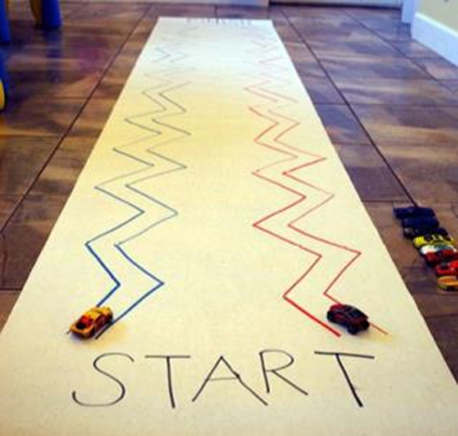
Psychomotor skills
Psychomotor learning is the development of organized patterns of muscular activities guided by signals from the environment.
Youngsters learn about and explore the world which surrounds them in a sensory way: children love to look, take, touch… in short, experiment!
Also called sensorimotor and perceptual-motor skills, they are studied as special topics in the experimental psychology of human learning and performance.
Through psychomotor activities, the children acquire understanding of space, time, their bodies, objects, situations, etc.
Psychomotor learning is demonstrated by physical skills such as movement, coordination, manipulation, dexterity, grace, strength, speed—actions which demonstrate the fine or gross motor skills, such as use of precision instruments or tools, and walking.
In research concerning psychomotor skills, particular attention is given to the learning of coordinated activity involving the arms, hands, fingers, and feet
- Degree of exactness
- Achieving intended outcome
- Time to achieve outcome
- Power to move objects and/or perform physically demanding tasks
- Range of motion
- Maintaining stability (Static and Dynamic)
- Sustaining physical effort
- Parameters above , overtime
Cognitive skills
Cognitive skills include attention, short term memory, long term memory, logic & reasoning, and auditory processing, visual processing, and processing speed. They are the skills the brain uses to think, learn, read, remember, pay attention, and solve problems.
- Sustained Attention
- Response inhibition.
- Speed of information Processing
- Cognitive Flexibility and control
- Multiple Simultaneous Attentions
- Working Memory
- Category Formation
- Pattern Recognition
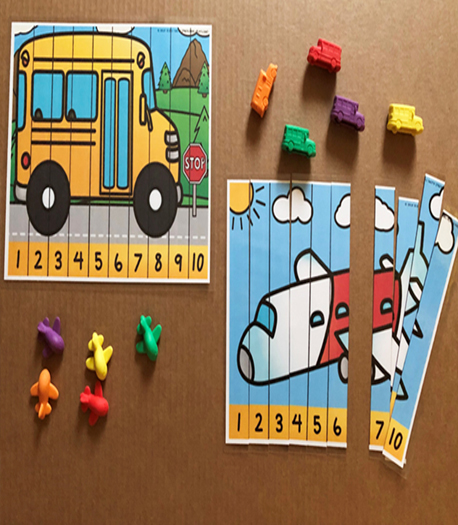
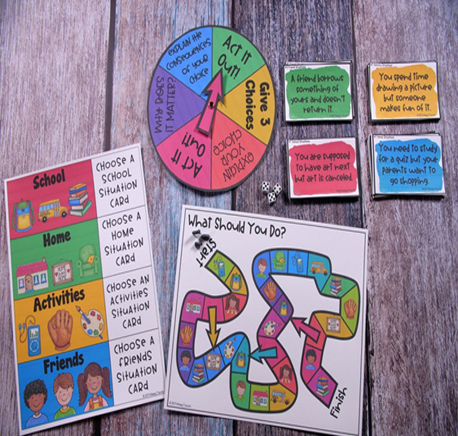
Emotional skills
emotional skills are essential for connecting with others! They help us manage our emotions, build healthy relationships, and feel empathy. mainly interacting with other road users
- Emotions affect one’s driving. If the driver feel particularly strained, emotions can affect how the driver respond to other drivers, and lead to aggressive or risky driving behaviour.
- Developing emotional skills helps in,
- Gaining confidence, Resolve conflicts
- Manage stress and anxiety.
- Learn social norms and Make appropriate decisions
- Resist negative social pressure, Learn strengths and weaknesses
Social skills
Social skills are the skills to interact and communicate with others. They include verbal and non-verbal communication, such as speech, gesture, facial expression and body language. A person has strong social skills if they have the knowledge of how to behave in social situations and understand both written and implied rules when communicating with others.
- Driving Cars Need Social Skills or interaction with other road users.
- There are a range of social skills (communication with other drivers, courteous road-safe behavior ), emotional skills (confidence with driving ability, managing stress), physical skills (steering, braking, scanning, indicating) and decision-making skills (when to brake, when to indicate, how close to follow, how to manage driving hazards) that are used when driving.
- Drivers need to develop their understanding of the differences between rights (something to which you have a just claim), privileges (something granted to a particular person or group) and responsibilities (something for which you have a legal or moral obligation).
- Through social skills one can acquire,
- Benefits.
- Sharing.
- Cooperating.
- Listening.
- Following Directions.
- Respecting Personal Space.
- Making Eye Contact.
- Using Manners.
